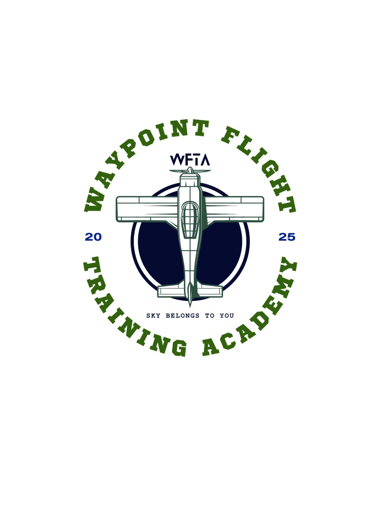Get to know us
Take the Pilot’s Seat
Overview
Flight training is the most crucial step on your journey to becoming a professional pilot. It equips you with the knowledge, skills, and confidence needed to operate an aircraft safely and take charge of the skies.
Before you begin practical flight training, you’ll need to clear the DGCA CPL examinations, which cover core subjects such as:
Air Navigation
Aviation Meteorology
Air Regulations
Radio Telephony (RTR)
Technical General
Your training is divided into two key phases:
Ground School – In-depth classroom sessions covering DGCA CPL subjects.
Flight Training – Practical flying experience in real aircraft under professional guidance.
In addition, every candidate must pass the DGCA Class 1 Medical Examination to ensure physical and medical fitness to fly.
Once you’ve completed your exams and medicals, the next step is to log a minimum of 200 hours of flight training. Through our global training network, you can complete your flying hours at premier academies in India, the USA, South Africa, New Zealand, and Europe.
After meeting all requirements—exams, flight hours, and medicals—you’ll be awarded your Commercial Pilot License (CPL), opening doors to exciting career opportunities in aviation worldwide.
Eligibility :
Embark on your flight training adventure by fulfilling these foundational steps.
Age Requirement: Must be at least 16 years old at the time of enrollment.
Medical Clearance: DGCA Class II Medical Certification is mandatory.




DGCA Requirement for CPL
To earn your Commercial Pilot License (CPL), you need to complete specific flight and navigation milestones that prepare you for professional aviation. Here’s a detailed breakdown of what’s required:
100 Hours: Pilot-in-Command (PIC): Experience commanding an aircraft independently, building essential decision-making skills.
40 Hours: Instrument Flight: Gain expertise in flying without visual cues, relying solely on instruments. (Up to 20 hours can be completed on a simulator.)
50 Hours: Solo Cross-Country Flying: Hone your navigation skills by flying solo across various routes and airspaces.
10 Hours: Multi-Engine Training: Master the operations of multi-engine aircraft for advanced aviation readiness.
Nautical Mile (NM) Checks: Demonstrate your navigation skills with flights covering the following distances:
– 120 NM
– 250 NM
– 300 NMNight Flying: Complete 10 take-offs and landings to sharpen your skills in low-light conditions, essential for safe night operations.
This structured training ensures you’re equipped with the skills and confidence to navigate diverse flying scenarios and achieve your CPL.


Esther Bryce
Founder / Interior designer


Lianne Wilson
Broker


Jaden Smith
Architect


Jessica Kim
Photographer
